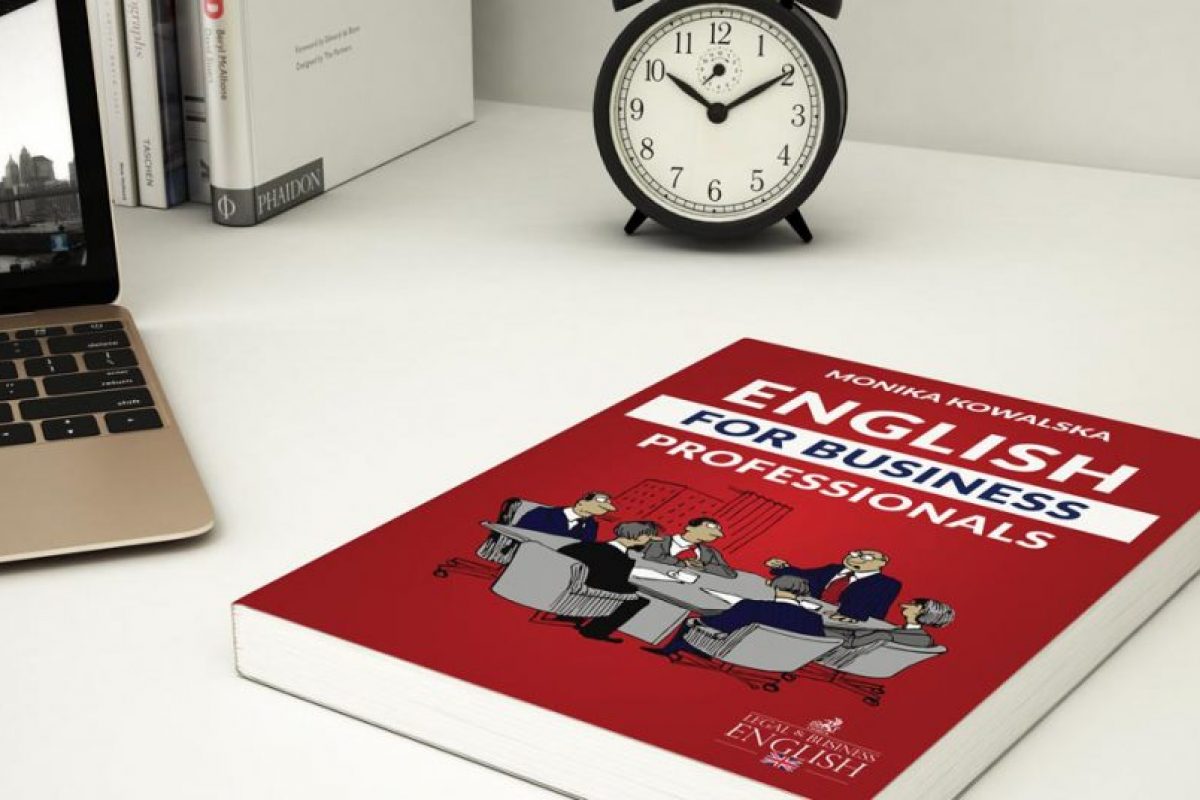Aby swobodnie wypowiadać się o sytuacji gospodarczej kraju w języku angielskim należy zapoznać się z podstawową terminologią typu PKB, inflacja, ożywienie czy spowolnienie gospodarcze. Zwracamy przy tym uwagę na prawidłowe kolokacje, w których występują dane terminy. Dla przykładu powiedzmy, że państwo prowadzi określoną politykę gospodarczą (pursue a policy of ..), uchwala reformy (enact reforms) czy zwiększa składki na państwowy fundusz emerytalny (increase contributions to the public pension scheme). Przeanalizujmy sytuację gospodarczą Polski na podstawie poniższego tekstu.
Poland has pursued a policy of economic liberalization since 1990 and today stands out as a success story among transition economies. It is the only country in the European Union to avoid a recession through the 2008-09 economic downturn, although GDP per capita is still much below the EU average. Since 2004, EU membership and access to EU structural funds have provided a major boost to the economy. Unemployment has been 2% more than the EU average. Inflation reached a low of about 2.6% in 2010 due to the global economic slowdown, but climbed to 4.3% in 2011. Poland’s economic performance could improve over the longer term if the country addresses some of the remaining deficiencies in its road and rail infrastructure and its business environment. An inefficient commercial court system, a rigid labor code, bureaucratic red tape, burdensome tax system, and persistent low-level corruption keep the private sector from performing up to its full potential. Weak revenues, together with rising demands to fund healthcare, education, and the state pension system caused the public sector budget deficit to rise to 7.8% of GDP in 2010, but the PO/PSL coalition government, which came to power in November 2007, took measures to shore up public finances – including increasing contributions to the public pension scheme at the expense of private pension funds – and reduced the deficit to 2.9% of GDP in 2011. For 2012 the coalition government has proposed further deficit-reducing reforms and to fulfill its promise to enact business-friendly reforms.
Źródło: Poland – The World Factbook by CIA.
Dla ułatwienia tłumaczenie słownictwa kluczowego dla zrozumienia tekstu:
pursue a policy of economic liberalization – prowadzić politykę liberalizacji gospodarczej
transition economies – gospodarki w fazie transformacji, kraje przechodzące transformację
avoid a recession – uniknąć recesji
economic downturn – spowolnienie gospodarcze
boost to the economy – ożywienie gospodarcze
reach a low of … – osiągnąć niski poziom
global economic słowdown – globalne spowolnienie gospodarcze
economic performance – funkcjonowanie gospodarki, wyniki gospodarcze
adddress the remaining deficiencies in … – zająć się pozostałymi niedoskonałościami w zakresie
inefficient commercial court system – niewydolny system sądów gospodarczych
rigid labor code – nieelastyczny kodeks pracy
red tape – biurokracja
burdersome tax system – uciążliwy system podatkowy
low-level corruption – korupcja na szczeblu lokalnym
weak revenues – marne przychody
state pension system – państwowy system emerytalny
public sector budget deficit – deficyt budżetowy sektora publicznego
shore up public finance – podźwignąć finanse publiczne
increase contributions to the public pension scheme – zwiększyć składki na państwowy fundusz emerytalny
reduce the deficit – zmniejszyć deficyt
deficit-reducing reforms – reformy mające na celu zmniejszenie deficytu
enact business-friendly reforms – uchwalić reformy sprzyjające przedsiębiorcom
Spróbujmy teraz samodzielnie ułożyć wypowiedź, w której znajdzie się jak najwięcej powyższych sformułowań.




